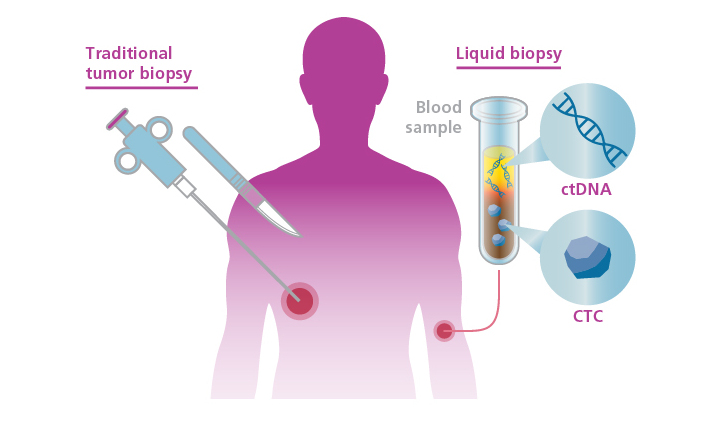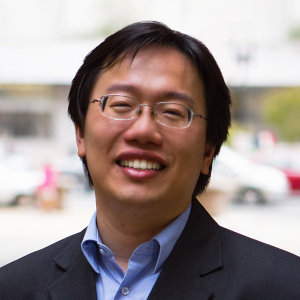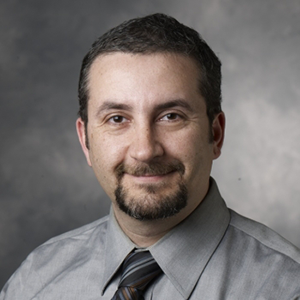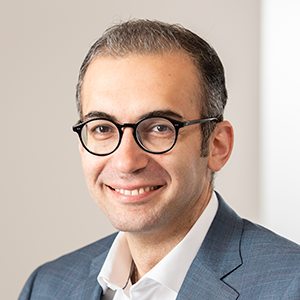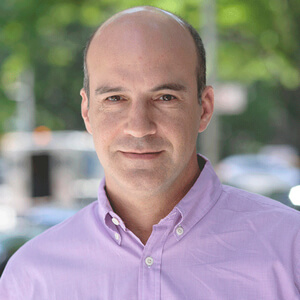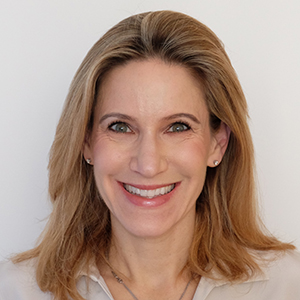Early cancer detection technologies have huge potentials to change disease outcome and patient management, yet most of these technologies are still in development. This session discusses latest technological and clinical advancements, clinical limitations and challenges to overcome, and the potential for future applications using the various types of early detection biomarkers.
Session Chair Profile
Biography
Jimmy Lin, MD, Ph.D., MHS was the Chief Scientific Officer (CSO), Oncology at Natera (NASDAQ: NTRA), where he lead the development of new diagnostic technologies for cancer. Dr. Lin is also a 2016 Senior TED Fellow and Founder & President of Rare Genomics Institute, the world's first platform to enable any community to leverage cutting- edge biotechnology to advance understanding of any rare disease. Previously, Dr. Lin led the ClinOmics program in the Genetics Branch of the National Cancer Institute (NIH/NCI). Before this, he led the computational analysis of the first-ever exome sequencing studies of cancer at Johns Hopkins and was a research instructor at Washington University in St. Louis. He has numerous publications in Science, Nature, Cell, Nature Genetics, and Nature Biotechnology, and has been featured in Forbes, Bloomberg, Wall Street Journal, New York Times, Washington Post, BBC, TIME, and the Huffington Post.
Session Chair Profile
Biography
The major focus of Dr. Alizadeh’s research group is to attain a better understanding of the initiation, maintenance, and progression of lymphoid tumors, and their response to existing and novel therapies toward improving current treatment strategies. In this effort, they employ tools from functional genomics, computational biology, molecular genetics, and mouse models. They hope to apply this knowledge towards the design of clinical trials in the treatment of patients with lymphoma, leukemia, and myeloma.
Speaker Profile
Biography
AmirAli Talasaz currently serves as co-founder and co-CEO of Guardant Health, a leading precision oncology company. AmirAli is an entrepreneur in the rare genomics and clinical diagnostics fields. Prior to co-founding Guardant Health, he was Senior Director of Diagnostics Research at Illumina and led the efforts for emerging clinical applications of next-generation genomic analysis. During that time, he developed different genomic technologies suitable for clinical applications. Before Illumina, he founded Auriphex Biosciences, which focused on purification and genetic analysis of circulating tumor cells for cancer management. The technology was acquired by Illumina in 2009. During his academic years, he led the Technology Development group at Stanford Genome Technology Center. AmirAli received his PhD in electrical engineering and MSc in management science from Stanford University.
Speaker Profile
Biography
Health policy and payment expert, pulmonary physician, and lung cancer epidemiologist, Peter has devoted his career to repairing defects in the healthcare delivery system that impede access to high-quality cancer care and working to ameliorate healthcare’s cost crisis. His work spans seminal studies including that identification of racial gaps in lung cancer care, the development of the first lung cancer risk prediction model (the “Bach model”), lead authorship on multiple lung screening guidelines, and definitional work on pharmaceutical pricing and value. Peter previously served as Senior Adviser at the US Centers for Medicare Medicaid Services and mentor on many National Institutes of Health K awards. He has been elected to the National Academy of Medicine, American Society for Clinical Investigation, and the Johns Hopkins Society of Scholars.
Speaker Profile
Biography
Dr. Hartman is a highly trained medical oncologist with 15 years of industry experience in product development with expertise in the clinical development and commercialization of molecular diagnostics in cancer screening and oncology. With an interest in innovative technology platforms to improve patient outcomes and health care, Dr. Hartman has played a pivotal role in the development and commercialization of several molecular diagnostic tests in oncology. This includes leading the design and completion of several large scale clinical trials in early cancer detection and hereditary cancer screening. Her interest in innovative technology ultimately led her to co-found Adela to develop a best-in-class liquid biopsy test for early cancer detection and minimal residual disease detection that avoids the limitations of standard liquid biopsy approaches.






